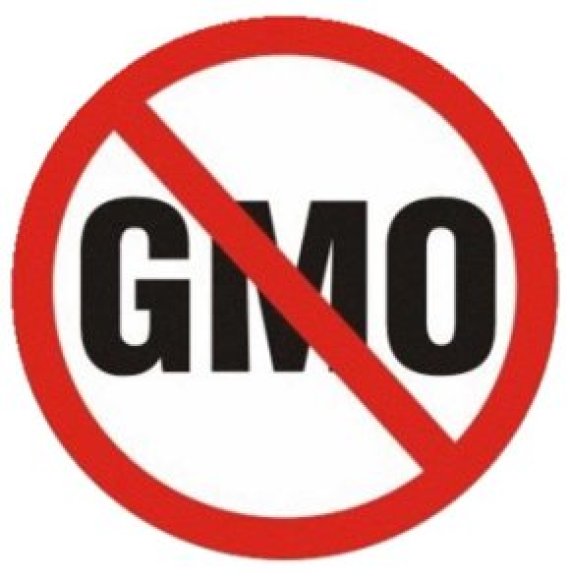Its development plan includes a ban on growing GM crops. This is a political decision that probably would not stand up in court, says professor of Law and Governance Bernd van der Meulen. How important is this decision? ‘It is symbolic, but symbols are very important in politics. It is a political statement, and it is one voice in a European chorus of anti-GM sentiments. The question is whether the municipality is allowed to include GMO policy in its development plan. The plan is primarily there for the municipality’s spatial planning. I don’t see what the difference is, in terms of space, between a hectare of standard maize and a hectare of GM maize. I have my doubts as to whether the municipality is within its rights in making this decision. If anyone contests the decision in court, they will win. But as long as no one does so, the GMO decision will stay in the development plan.’ Does the decision have practical consequences? ‘We grow hardly any GM crops in the Netherlands and the urge to expand is minimal. The supermarkets have made sure that Dutch consumers don’t want GM food, so it isn’t there. If you grow GM crops you can only sell them as livestock feed, but that is a lot of hassle. For producers it is not worth the candle; they don’t grow GMOs. The GM animal feed is imported.’
So nobody will contest the decision?
‘You need a stake in it to want to oppose it. If you have a plot of land in the GM-free zone, you can go into action. And the government could fight it, because it is authorized to keep tabs on the municipalities. I don’t know if the government will let this pass – that is a political choice too.’

